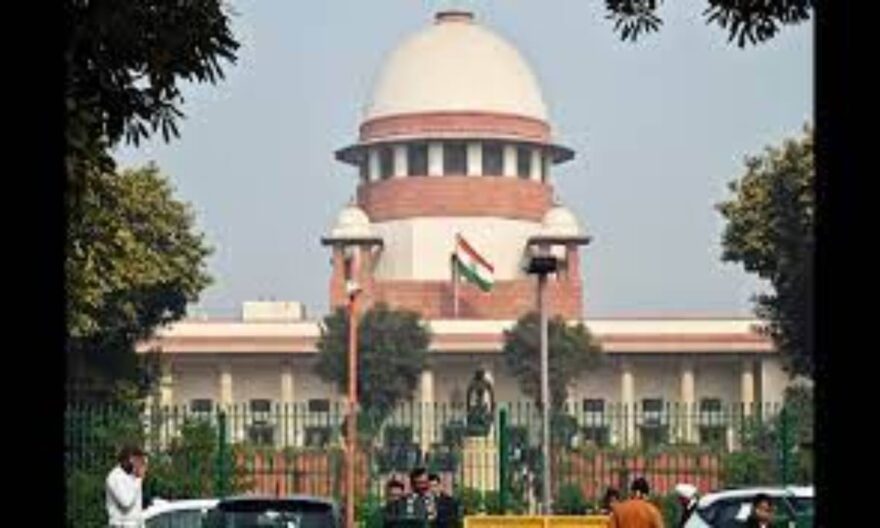
Congress leader Rahul Gandhi has filed an affidavit in the Supreme Court on Wednesday and requested the Supreme Court to stay his two-year sentence in the Modi surname case and allow him to attend the proceedings of Parliament.
His membership of Parliament has been canceled after Gujarat’s lower court sentenced him to two years in the Modi surname case. Rahul Gandhi Rahul Gandhi went to the Gujarat High Court against the order of the lower court. But the Gujarat High Court upheld the order of the lower court.
Gandhi’s affidavit in Supreme Court states that the complainant, Gujarat BJP MLA Purnesh Ishwarbhai Modi, in his reply before the top court, used derogatory words like ‘arrogant’ to her only because he refused to apologise.
He submitted that using criminal process and consequences under the Representation of the People Act to “hand-wring” Gandhi into apologizing for no fault of his, amounts to a gross abuse of judicial process and should not be accepted by this court.
The affidavit further states that Gandhi has an ‘extraordinary’ case as the offense is a minor one and the damage caused to him as an elected parliamentarian is irreparable.
Earlier, against the Gujarat High Court’s order, Rahul filed a petition in the Supreme Court requesting a stay on his sentence. But before that MLA Purnesh Modi had put a caveat in the Supreme Court. While hearing Rahul Gandhi’s petition on July 21, notice was issued to Purnesh Modi and the next date of hearing was fixed for August 4.
It s to be noted, that at a rally in Kolar, Karnataka in April 2019, Rahul Gandhi took a dig at Prime Minister Narendra Modi, saying, “How come Modi is the common surname of all thieves?” Gandhi filed an affidavit before the apex court saying that he has always maintained that he is not guilty of the crime and “does not deserve to be convicted” and that if he had to apologize and mitigate the crime, “he would Should have done it long ago”.
The top court had sought response from the Gujarat government and the complainant on Gandhi’s appeal challenging the Gujarat High Court order which refused to stay his conviction in a criminal defamation case.
Approaching the apex court, Gandhi also sought a stay on the Gujarat High Court’s judgment which had upheld his conviction. He added that the High Court’s decision “has no parallel or precedent in the jurisprudence of the law of defamation”.
He argued that it was “not only curious but extremely significant, indeed appalling, that all earlier cases, including the present speech, were filed by members and functionaries of the ruling party”.
It is submitted that the surname ‘Modi’, in different parts of the country, covers different communities and sub-communities, which generally have no commonality or uniformity. The Modi surname belonged to various castes.




